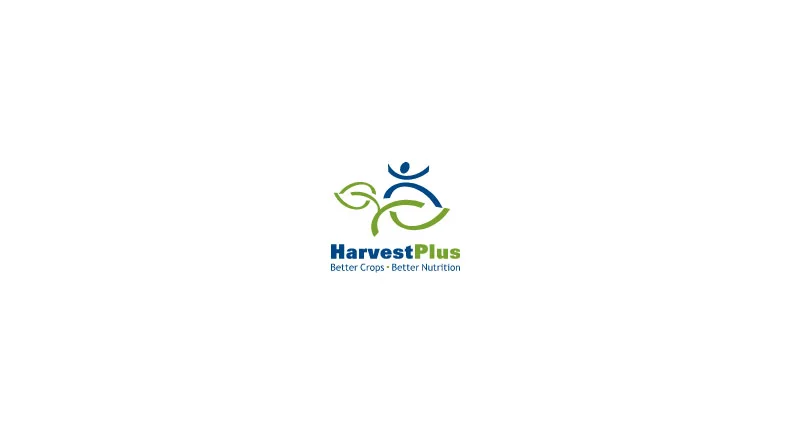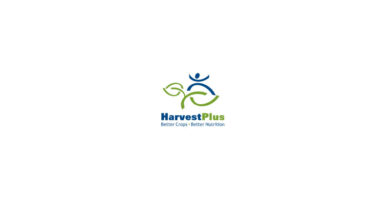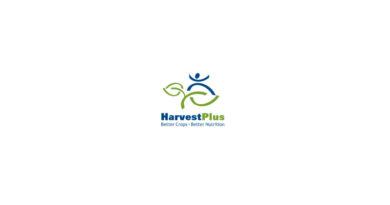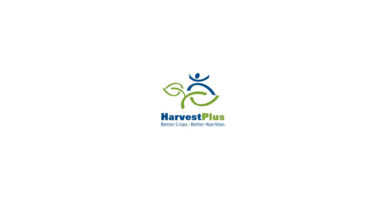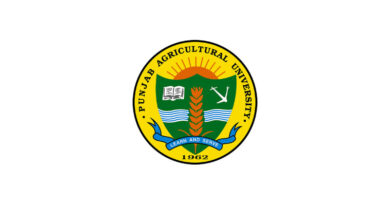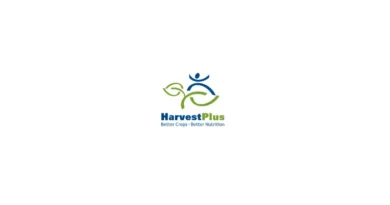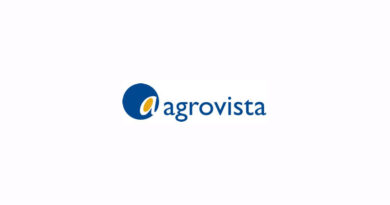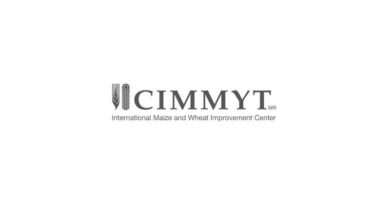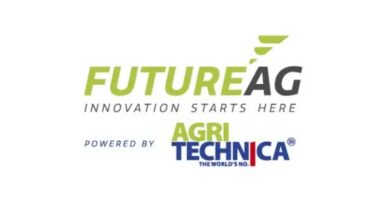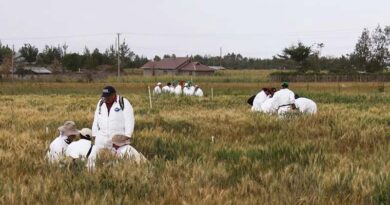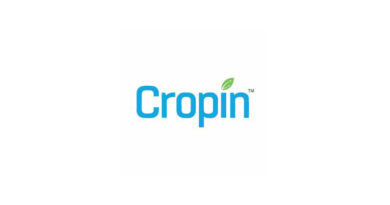Suman Devi Fulfilling Her Family’s Nutritional Needs with High Zinc Wheat
13 January 2024, India: Suman Devi is a smallholder farmer from Dhibra Gaya—a remote village in Bihar, India. Suman, and her husband have been growing wheat—the family’s primary source of food and income—on their four-acre piece of land. Despite having a regular source of food, Suman soon realized that her children suffered from malnutrition, and often missed school. “We always eat rotis (bread) at home, but the food was often leftover because the children did not enjoy eating it,” Suman explained.
Suman, like many more farmers in rural India, is experiencing a decline in her children’s health due to the decreased nutrient value of the food they eat. JEEVIKA – Bihar Rural Livelihoods project, is a World Bank-supported, Government of Bihar project, which aims to empower the rural poor by creating self-managed community institutions and enhancing incomes through sustainable livelihoods.
HarvestPlus partnered with JEEViKA to address poverty by promoting biofortified crops in the state of Bihar. Suman, a member of JEEViKA since 2019, became acquainted with zinc wheat through interactions with the HarvestPlus team during farmer awareness meetings where she learnt and appreciated the health benefits of zinc-enriched wheat.
Even though her husband was hesitant, Suman cultivated zinc-enriched wheat on nearly one third of an acre, out of their total land. Suman was excited to harvest 512 kilograms of zinc-enriched wheat from that small piece of land. Her husband applauded her decision and was happy to see a good harvest after years of toiling on the soil. “I have achieved a good yield, my children are healthier, and attending school regularly. All this because we now eat zinc-enriched wheat roti,” Suman said.
By 2023, the number of farmers growing biofortified wheat in the village raised to 500, from the 110 farmers who bought the seed from the commercial sellers. Twenty-two percent of the biofortified farmers produce about 40-50 metric tonnes of zinc-enriched wheat grain. This can cater for the daily food needs of 500 people for six months (based on 60.5kg/capita/year consumption).
The adoption of zinc-enriched wheat caused a significant change to the lives of the rural community through increased income and better nutrition. As a zinc-enriched wheat champion, Suman Devi plays a key role in amplifying the biofortified wheat by participating in farmer awareness meetings and sharing her experience with other women farmers.
HarvestPlus and its partner distributed 6000 metric tonnes of zinc-enriched wheat seed in Bihar, which covered 60,000 hectares with an estimated production of 180,000 metric tonnes of zinc-enriched wheat grain.
Also Read: FMC India: Bringing Precision in Indian Farming through ‘Spray as a Service’
(For Latest Agriculture News & Updates, follow Krishak Jagat on Google News)

